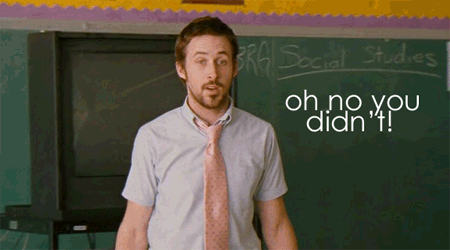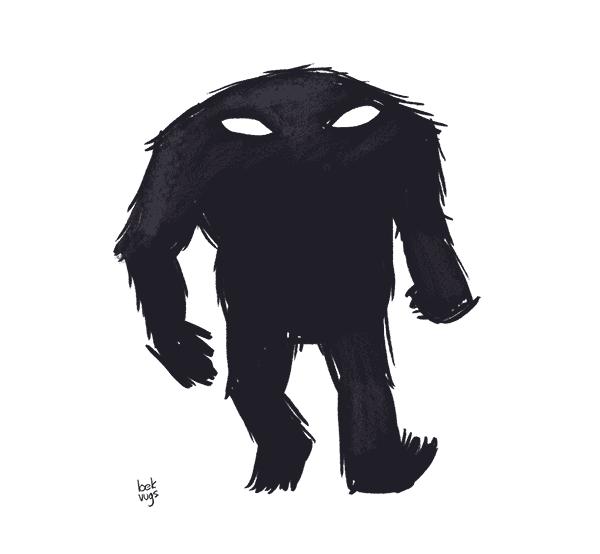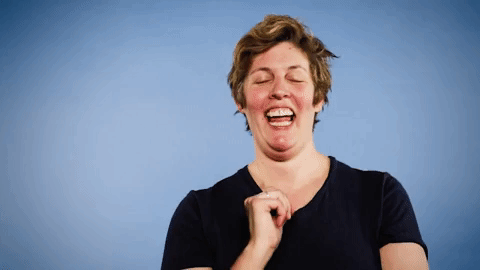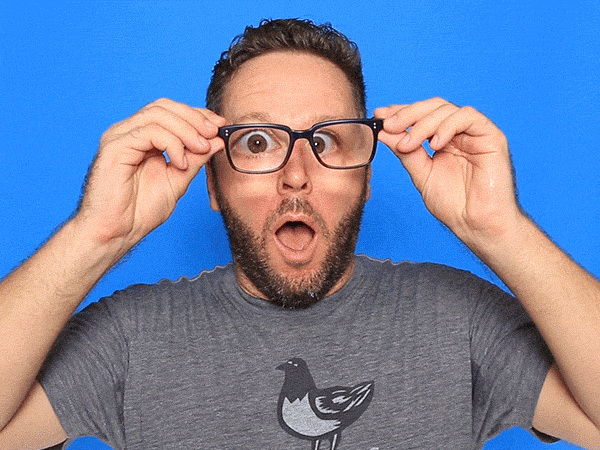Teaching is something that I've been trying to do ever since I got into college. Teaching can open up many new horizons in education and understanding in the field we choose to teach (biology, psychology, English, etc.) I decided to ask a couple of teachers (on Quora as an anonymous user) about their experience with students cheating on exams/assignments. I couldn't be more excited by the results, and even more excited by the experiences shared. The teachers' names will remain anonymous.
1. That's the key

"On accident one time I left my key out for an exam. The thing was, I used bubble sheets. But I had grabbed a random one, and wrote key on it, for the unit four exam for trigonometry.
Problem was, the bubble sheet was an extra from the unit three exam for geometry they were going to take next class. It said 'Unit 3: Geometry' on the top along with my handwritten 'Key.' A kid saw it on my desk, copied it, and shared it to his buddies that he had the unit three exam.
Test day came, and a ton of kids got a 24% (12 out of 50). I was curious, then realized that their pattern matched my key for trig exactly. So I accidentally caught 42 students willing to cheat.
Since then, I will leave random fake keys laying around when I am bored. They are keyed to 10-50% just to mess with the cheaters."—Teacher 1
2. The monster in the cage

"Not a cute mistake, but an awesome one. For a writing assignment, I gave my grade six a Cambridge Checkpoint past paper. The final written task was:
Scientists have a monster in a cage. They are in a secret underground bunker.
The military is involved and the president must be kept up to date.
Continue the story…
This girl, Celine, was not very academic. At all. Ever. But she was a sweet girl and I wanted her to do well. In her story she wrote:
The monster was in the cage. The scientists were all around the cage staring in at the monster… and I stared back.
AND I STARED BACK?! Holy crap, that's awesome! This grade six had some incredibly smart students yet none of them had put in a twist like that. I read that bit to the whole class and they were shocked and delighted. Immediately after I read '… and I stared back,' the class was shocked into silence. They then burst into applause for this shy little girl who had put in a twist and an amazing perspective.
The mistake was… she had meant to write 'it' instead of I. I knew this but I wanted her to enjoy being the best in class, even if it was just for a short while."—Teacher 2
3. Capital letters

"I was teaching a class of 15- and 16-year-olds who struggle with English. We were covering capital letters and when to use them:
Me: So, if we go to London... that's a place, so it needs...?
Class: A capital letter!
Me: Fantastic! And if we go to the British Museum, it's a place, so it needs...?
Class: A capital letter!
Me: Great stuff! And if we go to London Zoo? What does London Zoo need?
Class: Animals!
I loved that class."—Teacher 3
4. "Myseled"

"I give the runners that I coach a written evaluation after each race. Course marshals sent my athletes the wrong way at one race back in 1999, and one of my senior girls got very upset about it. For her evaluation, I noted that she had gotten misled (pronounced as miss-led). She found me in the hallway the next day and asked what 'mysel-ed' means. I have never forgotten that moment, and to this day I pronounce 'misled' as 'myseled.' The word just sounds funny to me.
Today, I kid you not, I read an essay in which an eleventh-grade girl wrote, 'Americans, nomader how hard they try, cannot determine their own destiny.' She meant 'no matter.' I love stuff like this!"—Teacher 4
5. Glasses

"I was sitting on a chair. The class was sitting on the floor around me, coming to a conclusion about something. Suddenly one of those eight-year-olds said to me, "Sir, can I try your glasses on?"
I don't know why I agreed. I hate being without them because I have such bad eyesight, but somehow his curiosity got the better of me, and I wanted to show I trusted him, I suppose. A bit of sharing before the next part of the lesson…
So I handed the heavy lenses to him, asking him to be careful. And reassuring me that he would, he fitted the now oversized frames onto his face.
First, he blinked hard, then looked around the classroom, squinting. Then he stood up and tried looking out the window. Then he sat down again, solemnly taking them off and handing them back with great care.
"Cor, blimey," he said. "You must have really good eyesight to be able to see through them glasses."
I think I went up in his estimation."—Teacher 5



















